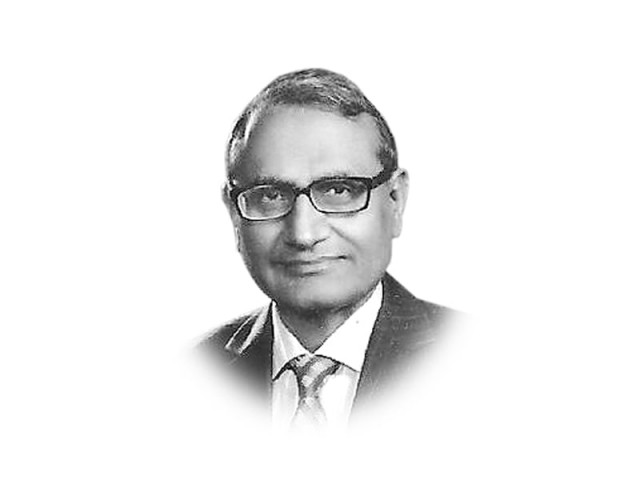Listen to Sartaj Aziz
While nationalisation of land failed almost everywhere, small, privatised units of land have been success stories.

pervez.tahir@tribune.com.pk

Since many years, rising landlessness is making rural poverty and inequality extremely intractable problems. The PML-N government has announced a number of programmes to place social and financial assets in the hands of the deprived and the excluded in the urban areas. Land reform is their best rural analogue. It gives physical assets in the hands of the mass of the rural population. However, the PML-N has first to make up its mind on the principal legal obstacle in the way. Legislation passed in 1977 to fix the land ceiling at 100 irrigated and 200 unirrigated acres was not implemented in letter and spirit. In 1990, the Supreme Courts’ Shariat Appellate Bench declared this legislation un-Islamic. A constitutional petition challenging the verdict has been pending before the Supreme Court. Both Punjab and Sindh governments have opposed the petition. In view of the technological advances since 1977, the land ceiling needs to be scaled down further. Similarly, distribution of the state land to small holders is a widely acceptable form of privatisation. While nationalisation of land failed almost everywhere, small, privatised family-operated units of land have been the success stories.
Pakistan has receded from the position of a growth leader to a growth laggard for its failure to put in place institutional reforms to ensure participation and inclusion. Land reform is a means to ensure that change in the rural areas. Land reform contributes to equity as well as efficiency. There is no better safety net than owning a piece of land. It also creates the strongest incentives for investment. Efficiency or agricultural productivity gets a boost as owners optimise supervision cost, which can be enormous in agriculture. With less than five per cent of owners owning 41 per cent of area and 67 per cent of these owners owning less than five acres (Census of Agriculture 2010), the prospects of unleashing the productive forces of agriculture to lift the economy out of a low level growth trap and rising food insecurity are limited. As a matter of fact, there is a tendency for small owners to sell more land than they buy and large owners to buy more land than they are selling.
The economy, we are told, is one of the three important dimensions of national security. Within the economy, agriculture continues to occupy a pre-eminent position. Land reform, coupled with a credit and appropriate technology package, can double the agricultural output within three to four years. This will also have the effect of drastically reducing rural poverty and inequality. Before that, the PML-N government will have to take a position in the Supreme Court in support of the excluded population of the rural areas.
Postscript: I did not realise that while writing on Meekal Ahmed on February 12, I would myself end up undergoing angioplasty by the evening. My wife and I cannot thank enough for the messages of support still pouring in.
Published in The Express Tribune, February 28th, 2014.
Like Opinion & Editorial on Facebook, follow @ETOpEd on Twitter to receive all updates on all our daily pieces.












1724319076-0/Untitled-design-(5)1724319076-0-208x130.webp)


COMMENTS
Comments are moderated and generally will be posted if they are on-topic and not abusive.
For more information, please see our Comments FAQ